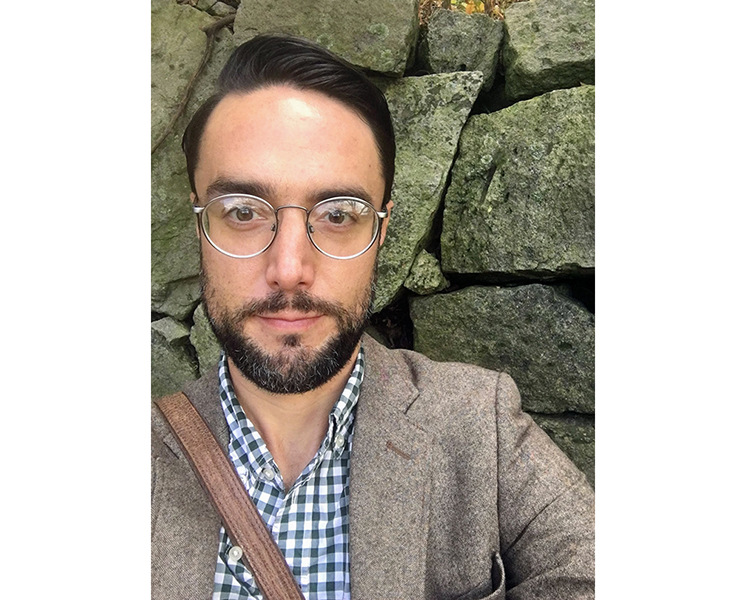
May 13, 2022| Education, Environment, Events
By: Donna Macalle-Holly
When is the last time you read a book or watched a movie with a plotline centered around extreme weather or environmental conditions that threaten life as know it? This genre of climate change fiction, or “cli-fi,” offers a chance to be entertained by altered environments and severe weather situations, while simultaneously cultivating thoughts of our current climate situation.
Ted Howell, a professor in the Writing Arts and Geography, Planning, and Sustainability departments at Rowan University teaches a course on “cli-fi,” to engage his students in larger conversations about this expanding genre, which deals with the impacts of climate change and global warming. Through his courses, Ted encourages students to develop their capacity for ecological thought enabling them to find actionable solutions to incredibly complex problems.
You can learn more and be part of the conversation by joining us for a Zoom presentation with Ted Howell entitled “Climate Change Fiction – Just for Fun or Forecasting the Future?” on Tuesday, May 24, and 7 pm. This program will introduce books by well-known authors such as Margaret Atwood, Kim Stanley Robinson, and others that depict climate change and/or its effects. Participants can discuss the real-life implications of these works and how their communities can be impacted by climate change.
This presentation is part of our Lake Hopatcong Historic Flood of 2000 and Climate Change Program, which includes a three-part speaker series and a virtual photo exhibit.
Zoom presentation with Professor Ted Howell
This zoom presentation has concluded. A video of the program is below.

The Lake Hopatcong Historic Flood of 2000 and Climate Change Program was made possible by a grant from the New Jersey Council for the Humanities, a state partner of the National Endowment for the Humanities. Any views, findings, conclusions, or recommendations expressed in this Lake Hopatcong Historic Flood of 2000 and Climate Change Program do not necessarily represent those of the NEH or NJCH.